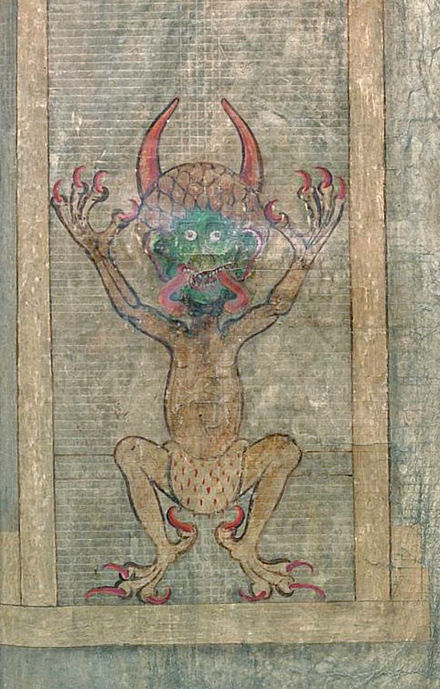The Devil and Time

The History of the Devil is the title of the second of three books Flusser wrote when he lived in Brazil (1940 – 1970), recently translated from Portuguese into English by Rodrigo Maltez Novaes (Univocal, 2014). I found it wild — uncategorizable, which was certainly intentional. Very abstract in conception — an new account of Creation, among many other things, it is, oddly very assured in presentation. Most astonishing of all, it quite neatly opposes almost every idea an “ordinary” reader (if there is such a thing) about science, evolution, and religion, Eastern or Western that a reader might bring to the encounter. The basic principle is that the Devil is time; the Divine is timeless (unchanging). As a way of structuring the dramatic confrontation between the two, Flusser relies on the seven deadly sins — taken from Christian teaching. They constitute the Devil’s main methods of luring everything – from atoms to human beings – into Time, change, eventually life and thought and desire. Some sins are worse, or more important than others. They play different roles in this “history,” which seems as likely to be a record of Flusser’s own thinking as a history of mankind’s relationship to time. Lust is the powerhouse that overcomes any tendencies toward stasis; wrath is the search for knowledge (the rage against ignorance), gluttony is everywhere the dissatisfaction with one’s lot; greed and envy are exactly balanced against one another, two sides of the same kind, a tension that governs ethics and social relationships. Then there’s pride, which is the most attractive, the one a reader is most likely to see as forgivable. The last of the seven, sloth, or sadness of the heart, he calls the greatest sin of all. In the end we have to accept it all, and try to get back to some sort of lust. He just about reverses the idea of God having created the world and the Devil always interfering. The Devil creates, in time.
On reflection, it seems as though time this book was written coincides with the years Flusser was, by his own admission, suicidal. This fearless engagement with theology, philosophy, science seems like a way through the darkness, an explicit instance of finding — no, constructing, creating — a way out when you realize that you’ve lost absolutely eveything that once mattered.

